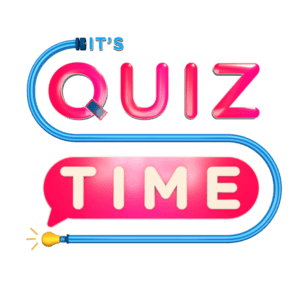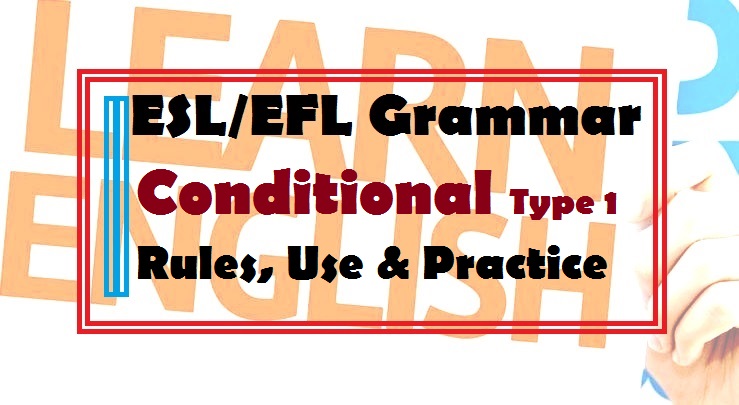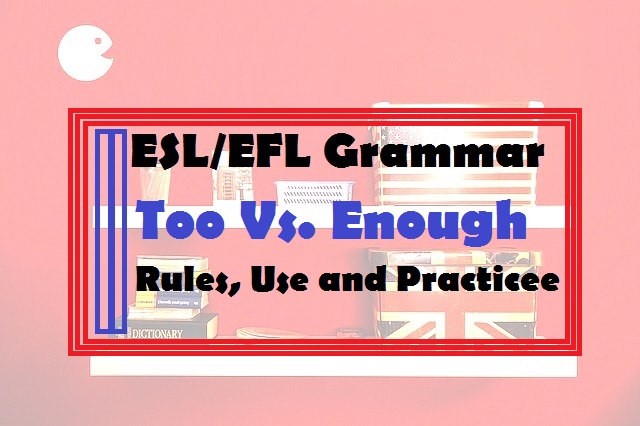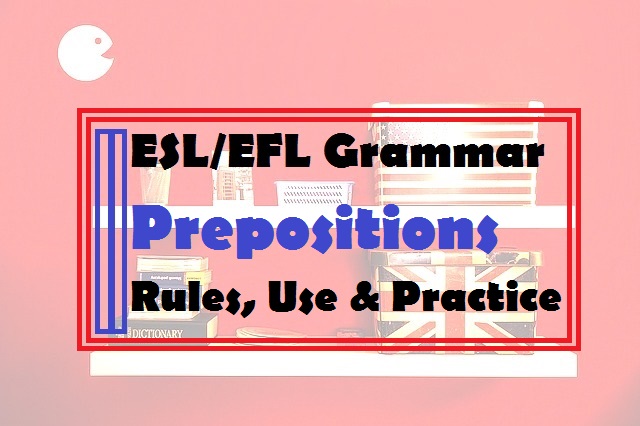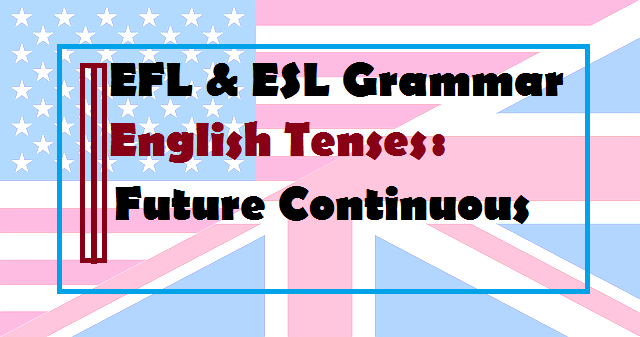The use of the conditional type ONE in English (EFL/ESL Grammar: rules, use and practice)
Conditional type one or the first conditional is used to describe things that are likely to happen in the future. The first conditional can also be used to express:
| Promises | If you study hard, I will take you to the cinema |
| Threats | If you do it again, I will tell your father. |
| Logical results | You will get sick if you don’t take your coat |
| Offers | I will bring you some coffee if you are hungry |
| Making a deal | I will clean the roof if you clean the hall |
The form of the first conditional:
| (if + present simple, … subject + will + infinitive) |
The forms of conditional one with the verb: “go”
| Affirmative |
I will go if I ……. You will go if you .. She will go if she … He will go if he .. We will go if we.. You will go if you .. They will go if they .. |
| Negative |
I will not go if I ……. You will not go if you .. She will not go if she … He will not go if he .. We will not go if we.. You will not go if you .. They will not go if they .. |
| Interrogative |
Will I go if I ….? Will you go if you…? Will he go if he…? Will she go if she…? Will we go if we…? Will you go if you…? Will they go if they…? |
Examples:
- If you study hard, you will get that diploma.
- If you don’t come early, I will tell your father.
- They will visit us if they have enough time.
- She will travel to London if she gets the promotion next week.
Take Quiz
Check your understanding here....
